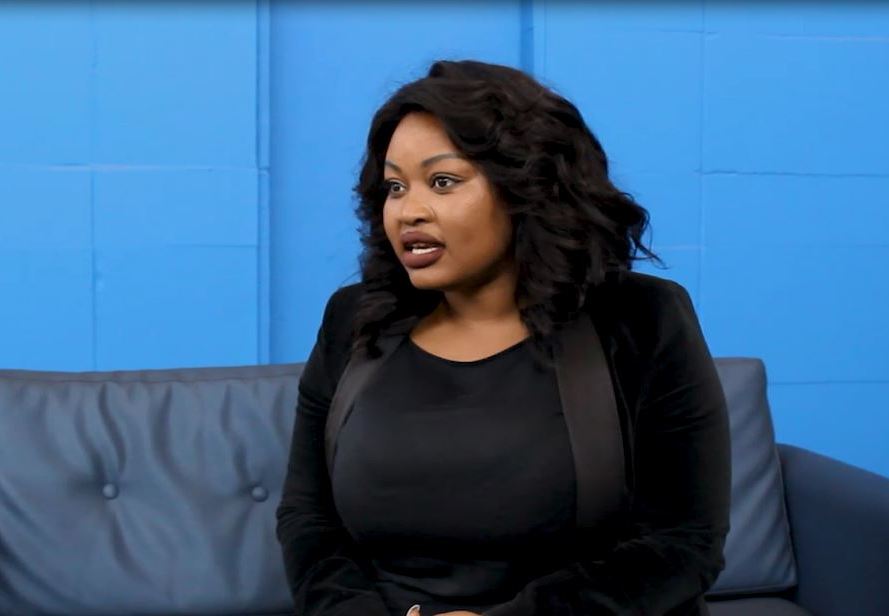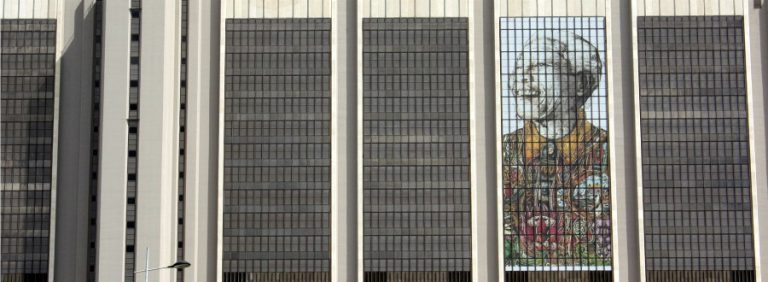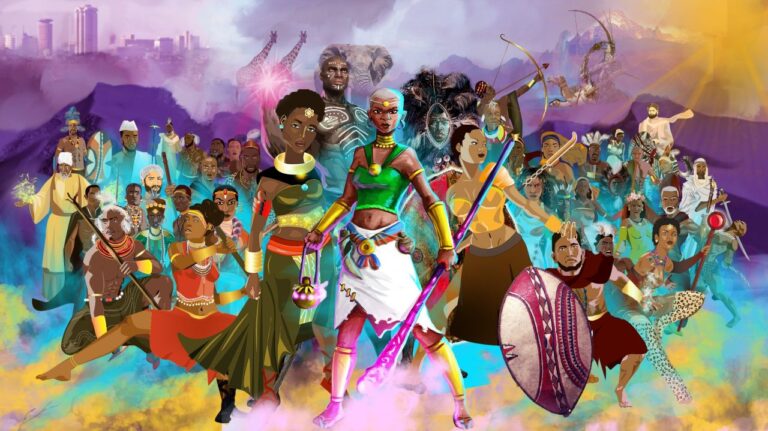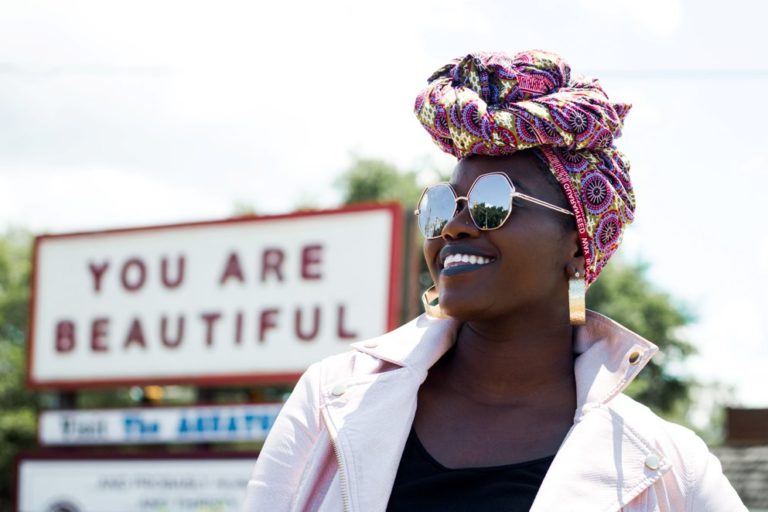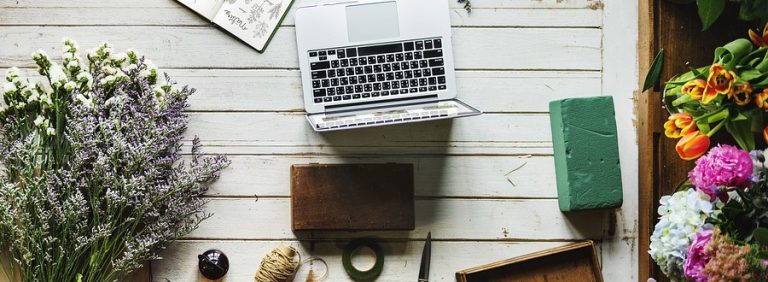Warrior Women with Busisiwe Hlatswayo
Matoyana Media’s next Warrior Women interview is with Career Coach for Black Women in the Workplace, Busisiwe Hlatswayo. Busisiwe also has an MBA and is Head of School for Business Innovation and Technology (BIT) at AFDA. But her start in life was far from easy as we explore in this conversation.
Hi Busisiwe, many thanks for your time, tell us a bit about who you are?
“I was born and raised in Mamelodi, a township girl; you know apartheid, issues, struggle and poverty. I remember I came from a house where there were so many of us in a four roomed house. For a while I thought it was normal until a teacher said to me, ‘Oh you come from that house where there are so many people. There must be so many plates when you dish out.’ And for the first time I looked that evening when they were dishing out, and I thought ‘Oh wow, there’s actually a lot of plates.’ I think it was the first introduction to my circumstances from someone, externally.
Also, all the challenges that come with that, with thinking that there is something wrong with me, there’s something sad about me, I’m missing something. So from a young age it was about dealing with all those challenges to your greatness and all those limitations to your greatness.
It was a family house and then we moved to an informal settlement and it was the first time informal settlements were starting so there was shame around that. I remember there used to be a struggle around getting taxis home and even the way you stopped the taxi was so humiliating. I think the nice thing about it was God gave me the gift of being smart at school so that was something I could just fall on – I know when you give me books – I’m good with that.”
What is your definition of a modern day warrior woman?
“That question is so important, especially for black women. We go through a lot. What we’ve been taught is we need to be strong and handle it and hold everybody up. Be the mother, the wife, the sister, the supporter – the everything to everybody. I feel the modern warrior woman should be a person who is able to say, ‘I need help here.’
Being strong is actually to have vulnerability. I was listening to Brené Brown who talks a lot about vulnerability and shame and I feel like black women have come to a place where they are tired of holding everybody up. Because of this we don’t take care of ourselves and this can up as depression or even physical illnesses. So a modern warrior woman knows what their limits are and asking for help is vulnerability and vulnerability is courage. The strong woman says ‘I have boundaries, I’m not going to be able to do that for you, I can only go this far.’ When you take care of yourself there is so much more of you to give.’
Why do you identify as a warrior woman?
“They say, ‘the greatest battle is to be yourself in a world that is trying with to make you what it wants you to be.’ I think the greatest battle of my life is finding me, and identifying who me is and who me is not. Choosing who you are even when the world is saying, ‘No- we want you to be this and we want you to be this. You’re being selfish for not being this or that for me.’
I am a warrior woman because ever since I ‘woke up’ I’ve been committed to my personal development. In the beginning it was about how you become great, efficient and perfect – how you become the best. And now it’s more and more about how do you become you, how do you find who Busi is, what she has to bring and what she represents. Who she really is outside of over-performing and over-functioning because those things come from feeling inadequate and that you need to fulfil these criteria so I make it to ‘the cut.’
I think the whole warrior thing comes from a battle scenario so my fight is about understanding what kind of warrior I am and where to be placed strategically in the battle. So that I don’t try to be everything because I can’t do that. I am a warrior woman because I’m the type of person who is brave enough to find out who I am what I have to offer and I do not need to be everything to everyone anymore.”
What skills characteristics or tools does a warrior woman need?
“This is going to sound almost like I’m selling my services, but when I woke up I realised how important personal development is. I am a career coach in the career space because we always hear about women who have done so much and no one ever tells us what they did and how they dealt with stuff. The steps! It’s just, ‘I believed in myself and I pushed through.’
In the actual challenges of entrepreneurship we never talk about the painful and crushing things and so we need someone to go back to and unpack things. Also some of us have beliefs which sabotage ourselves. So you are accelerating and you’re breaking at the same time.
We don’t talk enough about the psychological aspects of work – whether in entrepreneurship or a job. As technically good as you are if your spirit is not fed it doesn’t matter what your credentials are. We need to talk more about tools to take care of ourselves; black women are taught it is selfish to choose ourselves. But we need selfish to refuel the energy we give out. We need to invest in ourselves and not necessarily come up with anything material, but it is feeding your spirit and it is just as important.”
Why is it important for women to see themselves as warriors?
“Every generation has their struggle. The old generation were fighting apartheid and segregation and now is about identifying the struggle for ourselves. For us, as black people, we need to take back our identity. Sometimes we talk about political freedom and economic freedom but we don’t talk enough about psychological freedom and what was taken from us – our psychological identity. It was strategically and deliberately taught to us that we are not good enough.
Our fight now is to redefine ourselves and I like where we are at presently. We are reclaiming our body image and our type of beauty. Now it is about redefining the identity of a strong woman, a wife and to work against patriarchy. There is so much potential and energy that is lost in trying to fit into other people’s definitions.”
What are some of your words of affirmation?
“This is a beautiful and amazing age because patriarchal systems are falling. Even the Church! I grew up being a Church girl and the focus was on being the good girl and about being chosen by the Church bachelor. Searching myself every evening about what I’ve done wrong and what should I feel bad about today.
The Church is a beautiful place and a place of support and I’ve learned a lot of my leadership abilities in Church, being given platforms and departments to run. But I sometimes think the Church fails young people – not teaching them how to think about ways to be effective in their generation. How you are seen in Church is when you sing or preach and instead young women could have been great politicians. We need young minds in the political space because that’s where ideas and leadership come from.
We need young minds in films because that is where we tell a story and it is very important the types of stories that are being told. Because now we are able to talk about different palates for makeup and we’re able to say being ‘thick’ is beautiful. It is because of those stories we are able to say being dark is beautiful. We need people to be singing and telling poetry.”
Which women warriors do you look up to?
“I think for female warriors, I just really look up to black women who have been able to succeed because it’s hard, it’s very hard and it’s not always the popular thing to do. Patriarchy and religion and all these systems that society has created to in a way support people, but they also control people.
So when I see a black woman being visible and being successful in what they do – I am actually mindful of what they had to overcome. So every black woman who has allowed themselves to be visible is, for me, an example and a model for me – really every woman.
From a career space, Yolanda Cuba former Vodacom Ghana CEO Yolanda Cuba, now Group Chief Digital and Fintech Officer for MTN. Khanyi Dhlomo – even now with all the challenges that she is having with Destiny Women, I just feel like – for me – she’s allowed herself to do that.
For black women it’s really not about being good or working hard so much, it’s about giving ourselves permission. It’s very hard for black women to give themselves permission because we have been taught that this is a box, fall in it. To actually give yourself permission to do anything, I think you have already succeeded. Your uniqueness is your gift to the world. No one can do this the way you are doing it, so you being here is enough. You and your experiences are enough to be a rich gift to the world.
Give yourself permission to be out there and it is rough out there. You’ll get hurt, you’ll get criticised and you’ll be rejected. But bravery and courage is getting back in there after you’ve had your soul opened wide and you feel like people have trampled upon it, do it with your helpers – other women who have made it. I always say success uses clues, just get the clues and keep going and get support – you don’t have to do it alone.”
Thank you for your deep insights Busisiwe.
Read more about our Warrior Women here:
